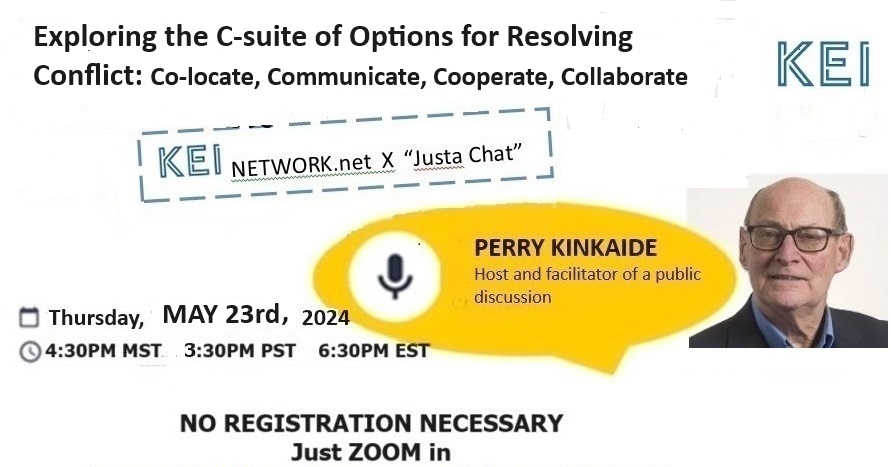
Last week's webinar "Why Are People Today So Argumentative, Angry, and Quick to Criticize?" can be viewed HERE https://youtu.be/PCurHZcDv48 Viewers discussed the sources of anger and management strategies (inlcuding the use of AI) for addressing stress and associated emotional issues.
In Praise of Calm - When All Around You Are Fearful
The public relies on local and regional weather forecasts to plan the day. Media options serve to monitor the surrounding emotional temperature. And the emotional climate is warming. Media, politics, and business have mastered the internet to grab the public's attention with proclamations designed to stir emotions, the strongest being fear. Public emotions are running hot. Wave after wave of protests and OMG we have yet the US and then the Canadian election cycles.
In light of public emotions running so hot, Rudyard Kipling today might revise his poem "Rewards and Faries" to "When all around you are in fear, if you can keep your head and stay calm, you'll be able to navigate through the chaos." Creating fear is a common manipulative tactic. Fear grabs attention, necessary for learning, business, and political campaigns. Sustained fear causes stress, which can lead to debilitation or violence. Historical extremes include Gandhi's use of passive resistance and the more recent aggressive approaches of figures like Putin and Netanyahu.
Social media today is employed to radiate, sustain, and amplify fear by linking events and suggesting conspiracies. P.T. Barnum's quote "There is a sucker born every minute" and Chicken Little's cry "The sky is falling" highlight the ease of inciting fear. Immediate reactions to fear include freezing, fleeing, or fighting. Long-term fear can lead to mental health issues and public apathy. The public today needs a dose of Rudyard Kipling, but instead is exposed to contrarians aiming to out-shout their competitors. - Editor@KEInetwork.net

Having explored anger and fear on a personal and public level, we'll turn next to options for resolving conflict that are not so extreme. This week's webinar is to feature a brief presentation and follow on discussion of a C-suite of options for resolving conflict: co-locate, communicate, cooperate, collaborate. Join us for Justa Chat and share your perspective.

ZOOM LINK ALWAYS https//us02web.zoom.us/j/82390691947
AI - A Source of Reason - Now A Voice Emotive
ChatGPT4o was released last week HERE triggering a whirlwind of reviews and followed by Google's competitor LaMDA HERE. Among a variety of competing features is the advanced capacity to emote; that is, to detect and simulate emotion - to be more "conversational". If you have used ChatGPT, then you are already aware that when prompted, it typically is empathetic in it's response, though rather bland, boring, unexpressive. Well both OpenAI and Google have made considerable strides in advancing their Learning Language Models to be more human-like.
We are all well aware that AI has the capacity to out-perform humans in many ways, particularly as related to remembering, but less so in analytical processes such as mathematics. But just you wait, progress continues, it isn't slowing down, gets better by the day, and may soon be training itself. Should we care? Does speed really kill? The warning continues of the risk to jobs and privacy. But what we are seeing is just so awesome as to warrant - "Show me more!" HERE. But appreciate this is just in language modeling, there are also extraordinary advances being made in spatial modeling as illustrated HERE Recommended: What Is an AI Anyway? | Mustafa Suleyman | TED HERE


Visit KEInetwork.net